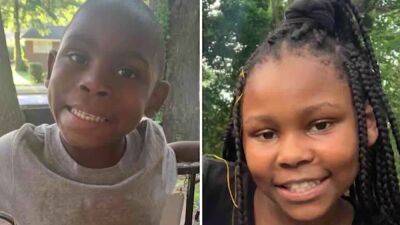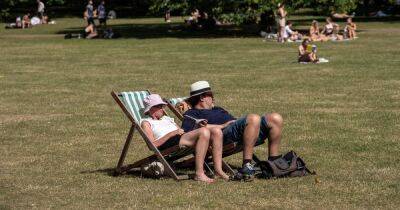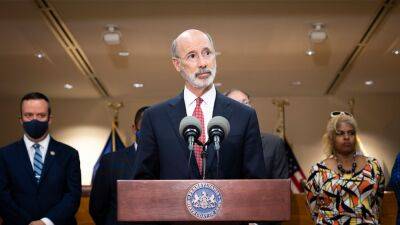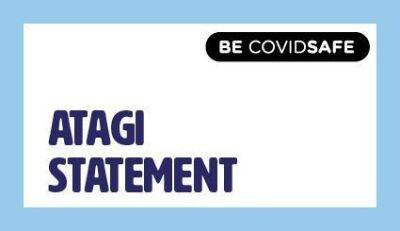Donors making a difference: Eliminating neglected tropical diseases and other outbreaks
Benin is one of several African countries to make significant progress against sleeping sickness. Above, a health professional holds an insect net in front of Bopa Medical Centre. ©Eric LafforgueWHO is following a 10-year roadmap, launched last year, to fight neglected tropical diseases that endanger more than a billion people worldwide.Contributions to WHO are funding that work, which is already logging notable successes.In five countries across Africa, forms of sleeping sickness (trypanosomiasis) have been eliminated as a public health problem, and despite the demands of the COVID-19 pandemic, wider progress against sleeping sickness has continued.In Somalia, mass distribution of medicines is protecting children and adults from parasitic worm infections, while Togo has become the latest country to eliminate trachoma, a bacterial infection that can cause blindness.
In Iraq, WHO is working with health officials to tackle an outbreak of Crimean-Congo haemorrhagic fever after collaborating with Brazil to quash a resurgence of yellow fever.WHO recognizes more than 20 neglected tropical diseases, all of which overwhelmingly afflict people who lack regular access to adequate sanitation, basic health infrastructure and health services.
Internally displaced people are among those most affected.Read on for the full details.With WHO support, countries are vanquishing sleeping sickness In the Democratic Republic of the Congo, a technician from a mobile team screens residents of Mpata for sleeping sickness. ©Benoît Marquet/DNDiAfter years of effort and with the support of WHO, Benin, Uganda and Rwanda have eliminated at least one of the two types of sleeping sickness (human African trypanosomiasis) as a public health problem.The


































